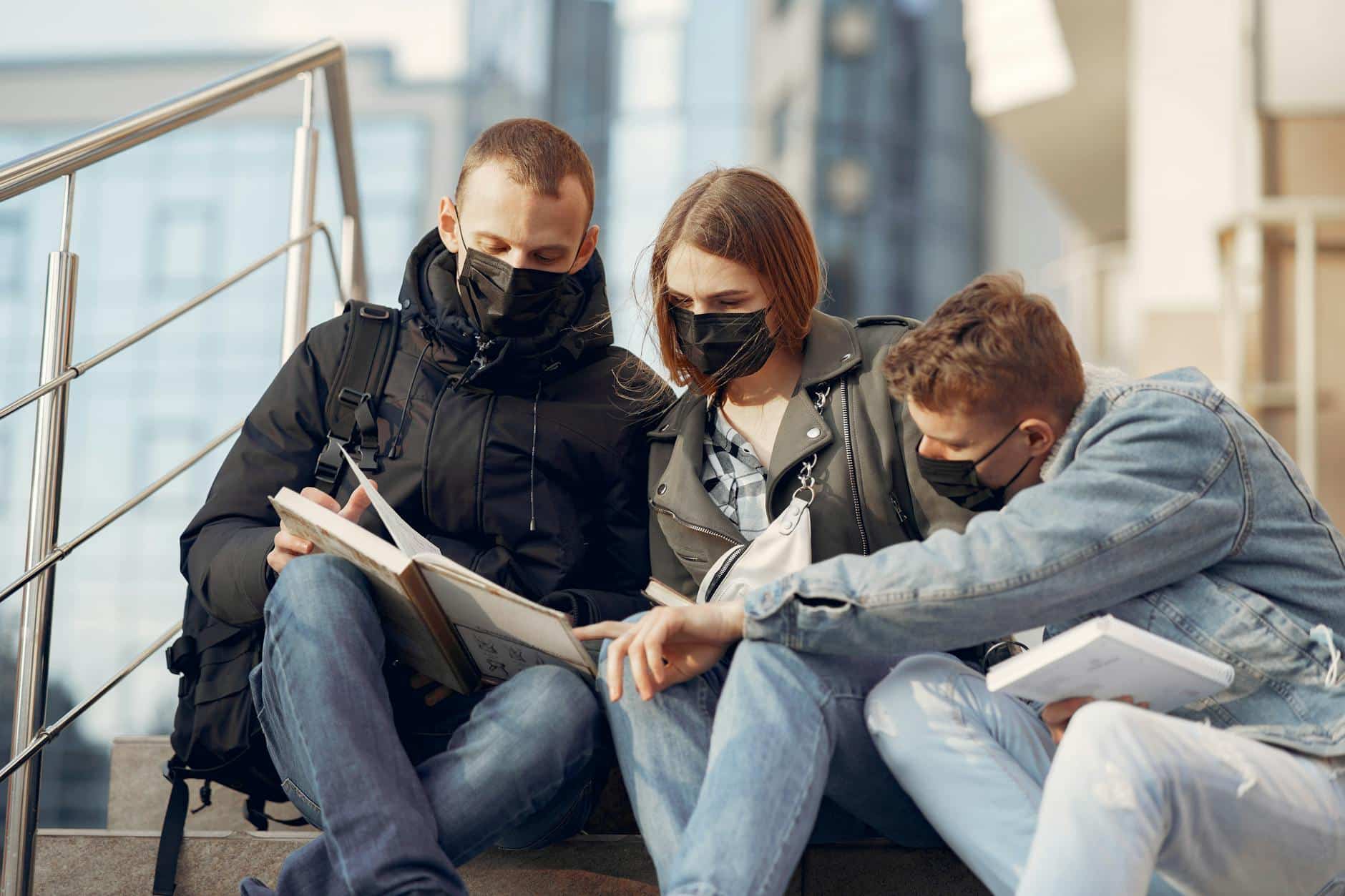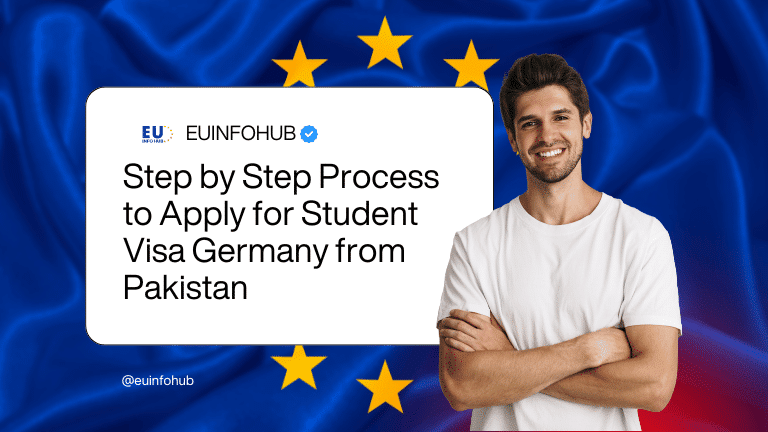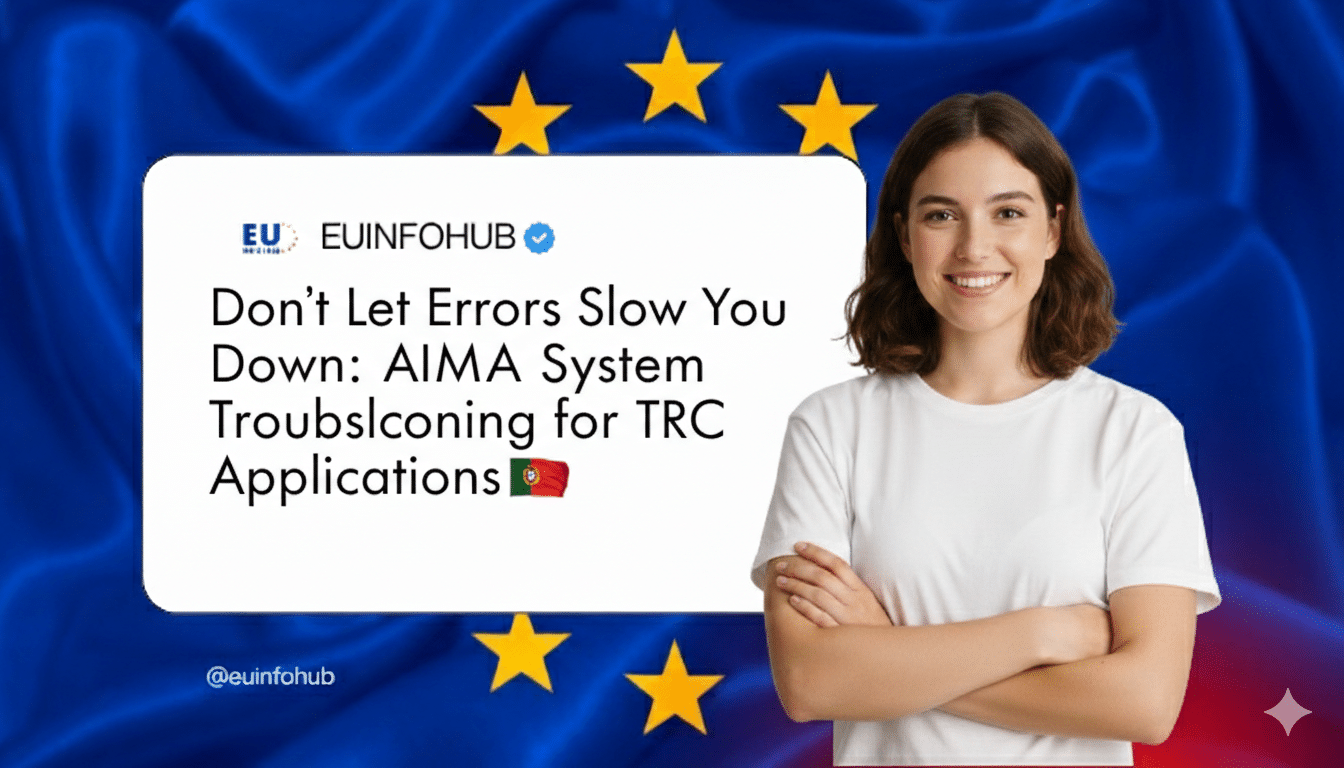Understand permit basics
Luxembourg requires you to hold both a long-stay Type D visa (if your home country demands one) and a student residence permit. The visa lets you enter for more than 90 days and costs between 50 and 100 EUR depending on nationality (Global Student Visas). Once you’re in, you’ll apply for your permit at the Directorate of Immigration of the Ministry of Foreign and European Affairs (European Commission). EU/EEA nationals don’t need a visa, but you still must register with your local Commune within three days of arrival.
For a broader look at European student permits, check our overview.
Check visa eligibility
Before you fill out forms, make sure you meet the main requirements:
- Acceptance letter from a recognized Luxembourg higher-education institution
- Valid passport, with at least six months’ validity beyond your intended stay
- GPA of at least 3.0 on a 4.0 scale (or a “B” average) for first-year applicants (James Madison University)
- Proof of financial means to cover tuition and living costs
- Evidence of accommodation in Luxembourg
Prepare key documents
Gather these items before your visa appointment:
- Valid passport and photocopies of all used pages
- Two recent passport-style photos
- Official acceptance letter
- Proof of accommodation (rental contract, hostel confirmation)
- Bank statements or sponsorship letter showing sufficient funds
- Criminal record certificate (translated if needed)
- Completed visa/residence permit application form
- Application fees: visa (50–100 EUR), residence permit (80 EUR)
- Health insurance certificate (see next section)
- Academic transcripts and diplomas, translated by a sworn translator if not in French, German, Luxembourgish, or English
Secure health insurance
Third-country nationals must buy private health insurance covering at least €30 000 for the entire study period (Swisscare). EU/EEA students can use the European Health Insurance Card for basic coverage, but it won’t cover travel protection, repatriation, or emergency dental care. Private insurance is highly recommended even if you hold an EHIC.
Apply for authorization
You need an authorisation of stay before entering Luxembourg if you’re a non-EU/EEA national. Steps to follow:
- Complete the student authorisation application at the Directorate of Immigration
- Submit required documents (see earlier lists) by mail or online
- Pay the processing fee
- Wait up to 90 days for approval before requesting your visa at a Luxembourg embassy or consulate
Arrive and register
Within three days of landing:
- Go to your local Commune and file a declaration of arrival
- Hand in copies of your passport, visa, and proof of accommodation
- Undergo the mandatory medical check
Registration unlocks your right to healthcare and lets you book your residence-permit appointment (European Commission).
File residence permit
You must apply for your student residence permit no later than three months after arrival. Bring:
- Original passport and visa
- Completed permit application form
- Proof of enrolment and accommodation
- Medical certificate
- Receipt for the €80 application fee
Your first permit is valid one year and renewable annually during your studies (educations.com).
Know work allowances
Balancing work and study? Here’s the breakdown:
- Master’s, PhD, or post-first-two-semesters Bachelor’s students can work up to 15 hours per week during term-time
- Bachelor’s or BTS students may only start work after two semesters, capped at 15 hours weekly
- During official student holidays, all students can work up to 40 hours per week
- Doctoral researchers and university assistants are exempt from hour limits (European Commission)
Recognize your qualifications
To have foreign diplomas officially recognized in Luxembourg:
- Choose the right procedure (primary/secondary level, baccalaureate, or higher-education diploma)
- Submit copies of diplomas and transcripts in French, German, Luxembourgish, or English
- Translate other documents with a sworn Luxembourg translator
- Pay the €75 registration fee per diploma (Guichet Luxembourg)
Some diplomas from Belgium, the Netherlands, Estonia, Latvia, and Lithuania are automatically exempt from registration (Public Luxembourg).
Extend or renew permit
To keep your permit valid:
- Apply at your Commune at least 30 days before expiry
- Provide proof of continued enrolment, accommodation, and valid health insurance
- Pay the renewal fee
- Expect a new one-year permit
Plan post-study stay
After graduating, you can stay up to nine months to find work or start a business. You must apply for a job-seeker or self-employment residence permit at least 30 days before your student permit expires. Any work must relate to your field of study (European Commission).
Avoid common mistakes
Have you missed a deadline? That could delay everything. To stay on track:
- Don’t miss the 3-day arrival registration
- File your permit within three months
- Confirm your insurance covers the full study period
- Translate documents properly
- Bring complete financial proof
- Schedule your medical check in advance
For more pitfalls, see our common mistakes on student visa applications.
Key takeaways
- Understand the two-step visa and permit process
- Gather academic, financial, and health documents early
- Secure private health insurance if you’re a non-EU/EEA student
- Register with your Commune within three days
- File your residence permit within three months and renew annually
- Follow work-hour rules and plan your job-seeker permit
- Double-check translations, fees, and deadlines
Ready to dive deeper? Check our step by step guide for student permit for extra detail, and share your questions below. Good luck mastering your Luxembourg student visa application checklist 2026!
















1 thought on “Master the Luxembourg Student Visa Application Checklist 2026”